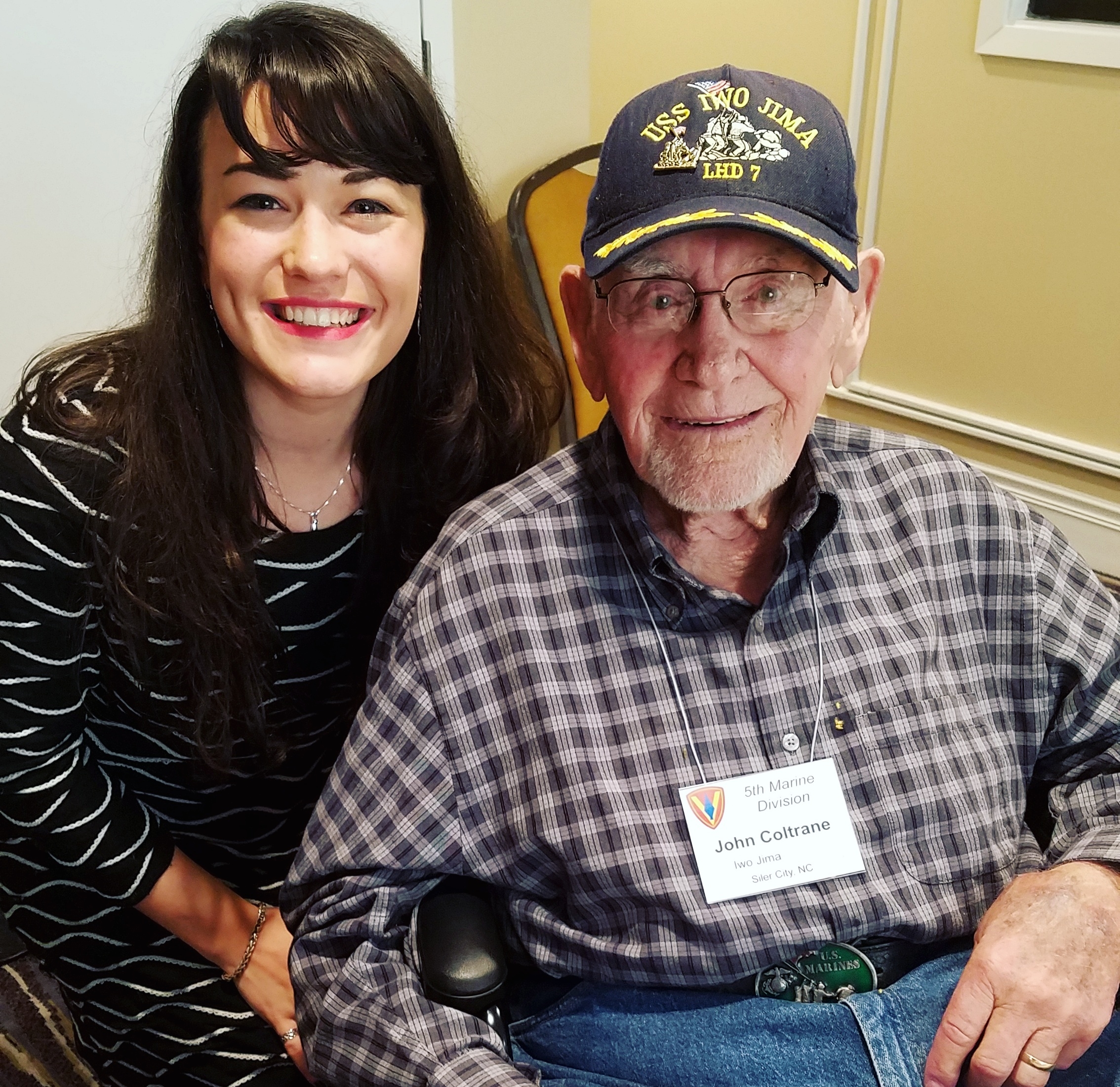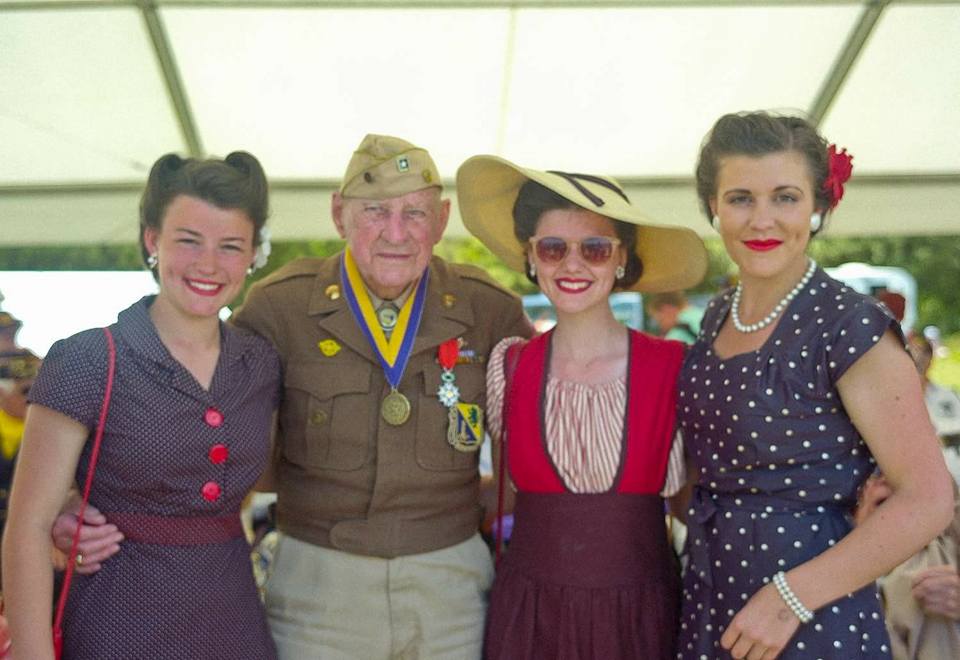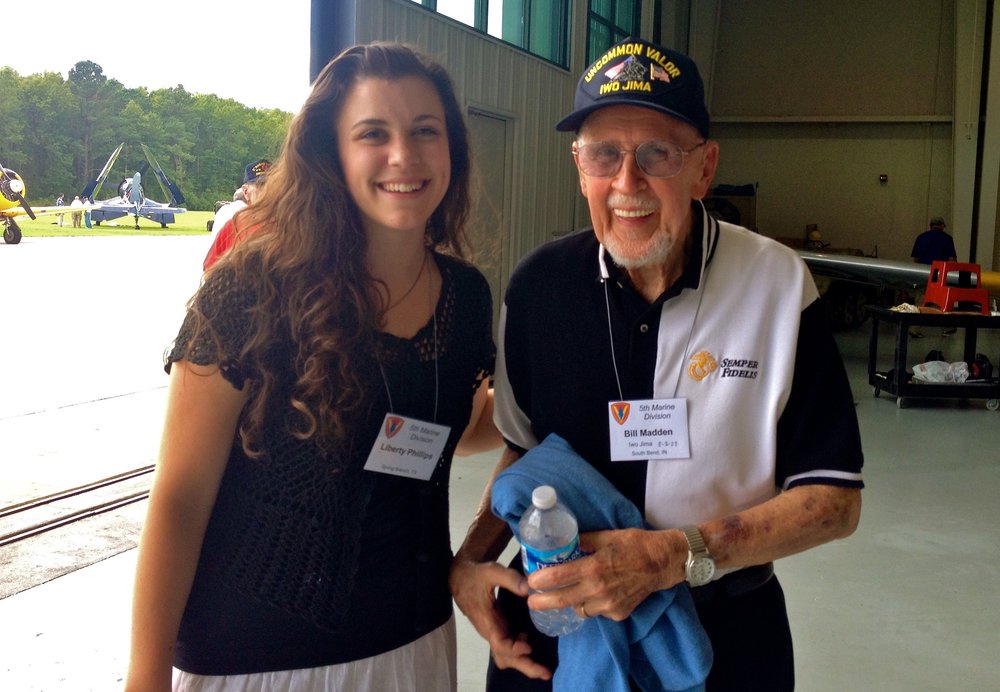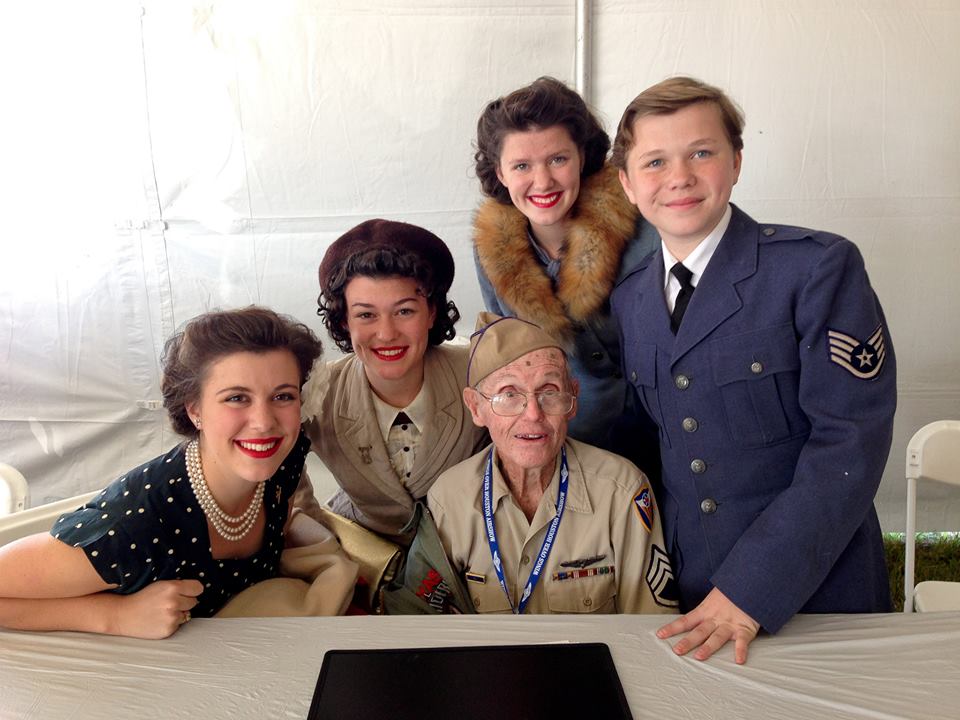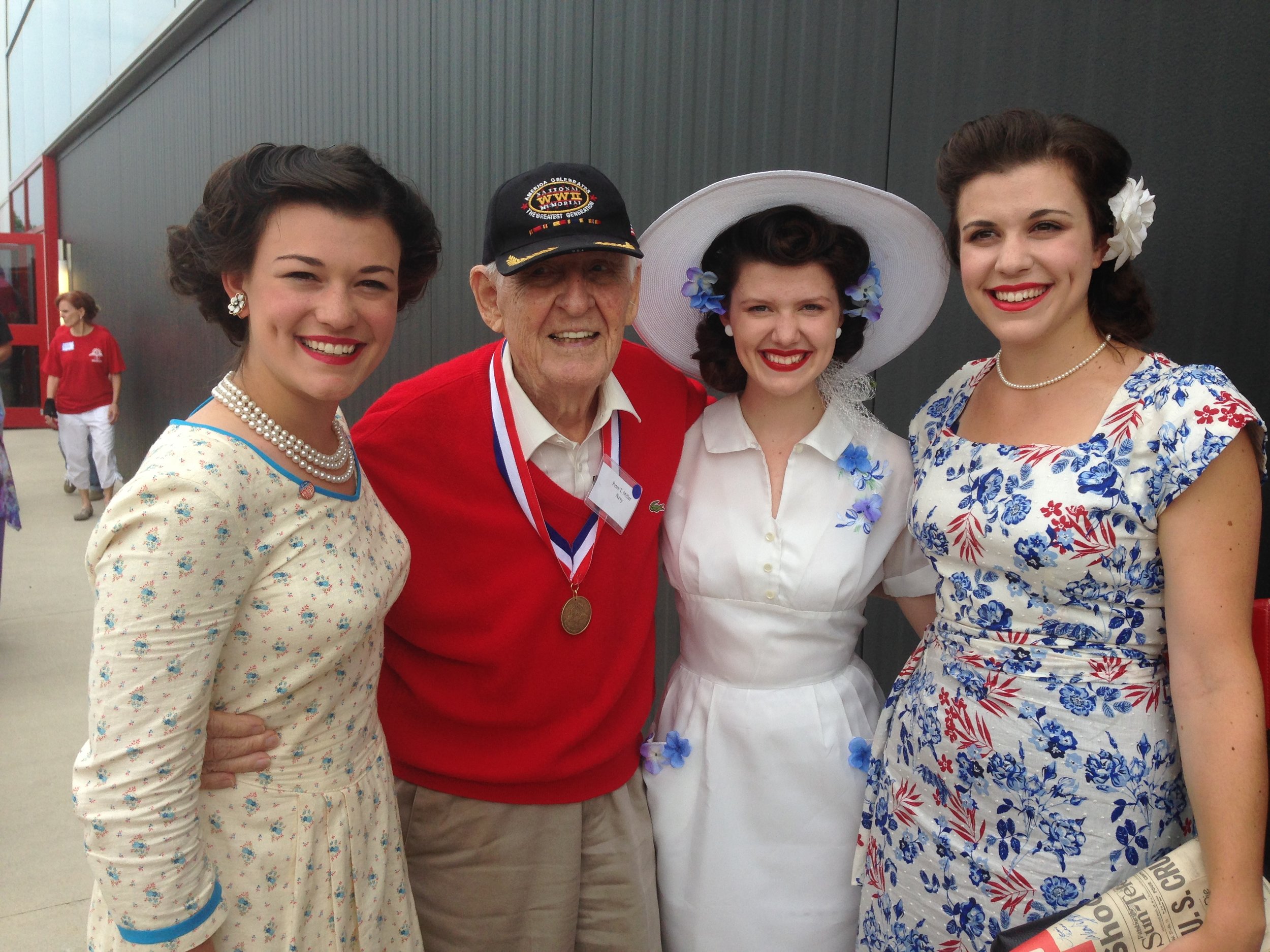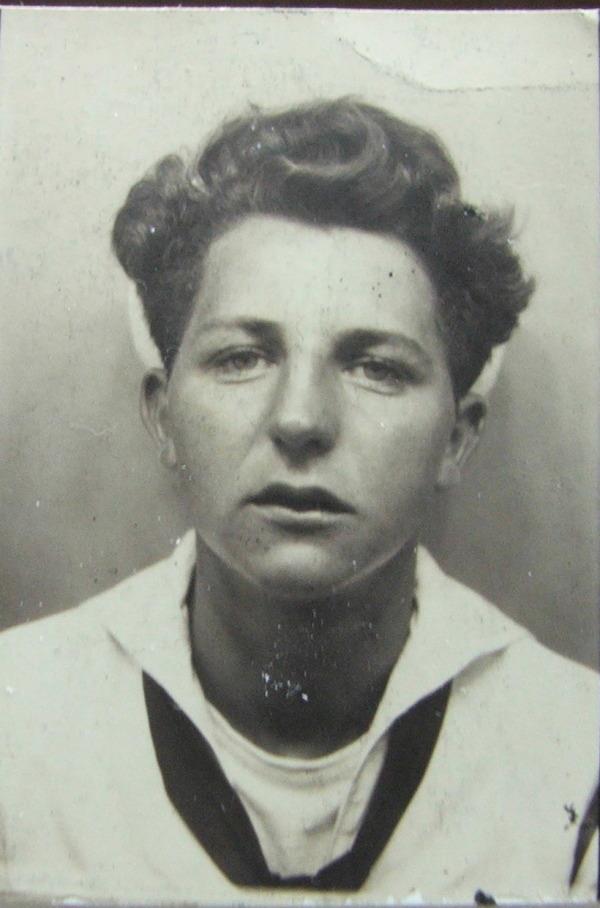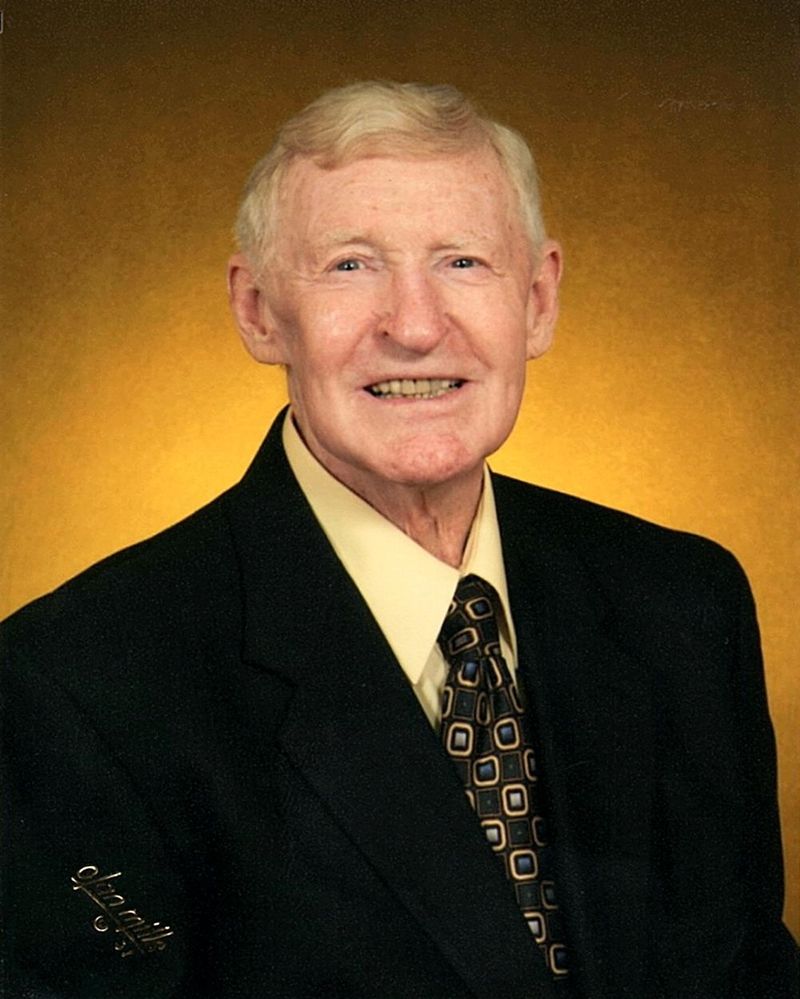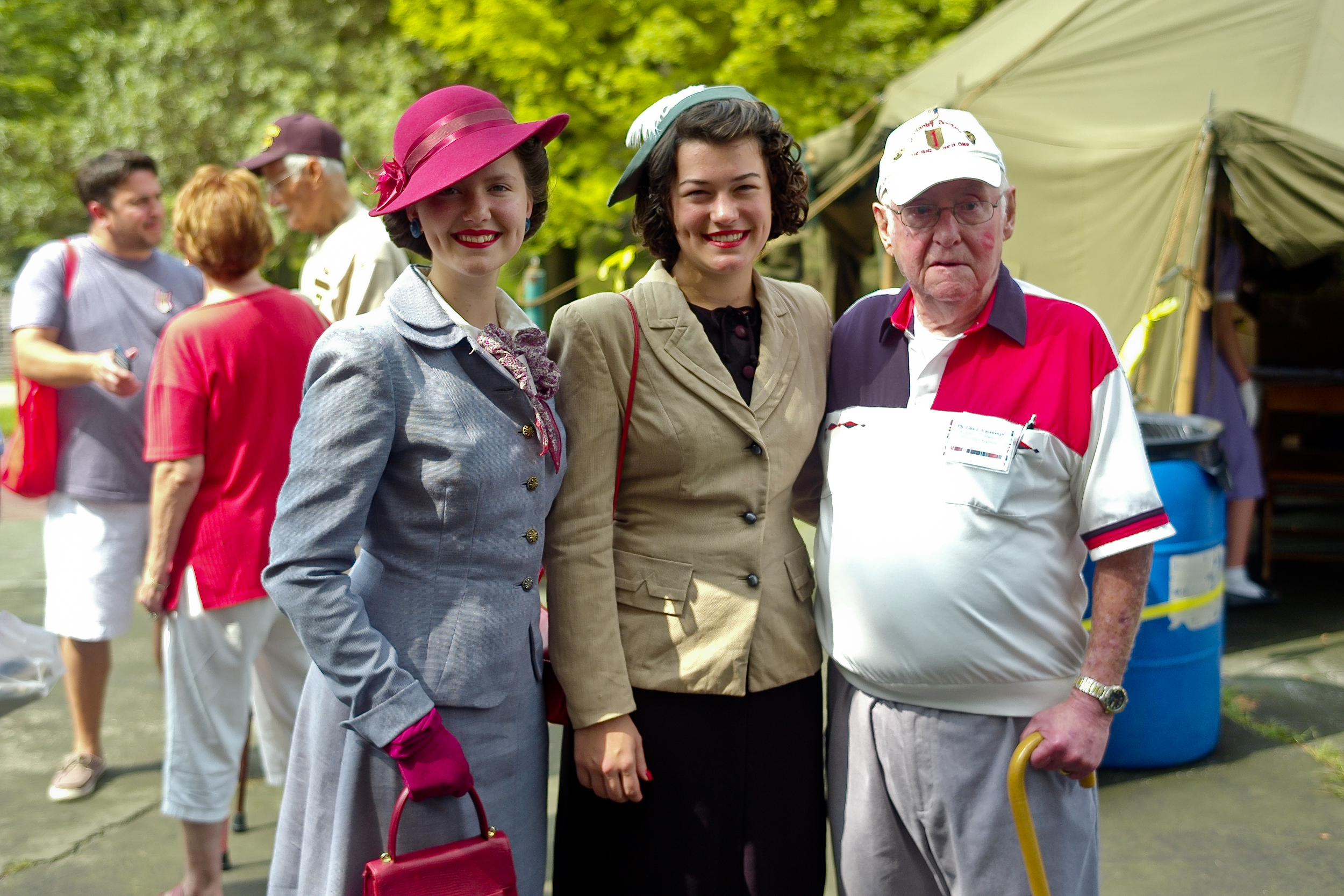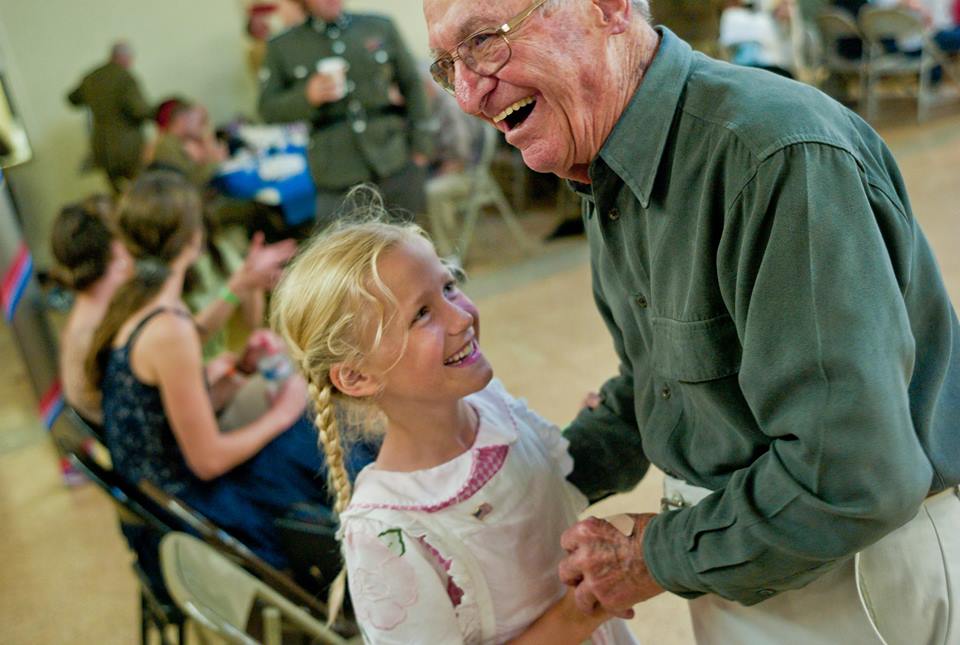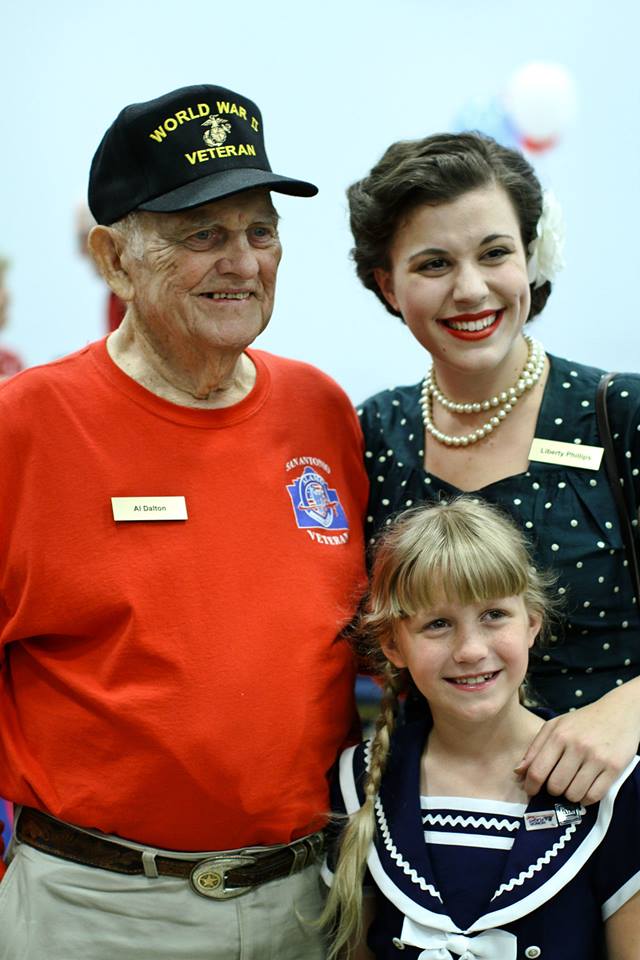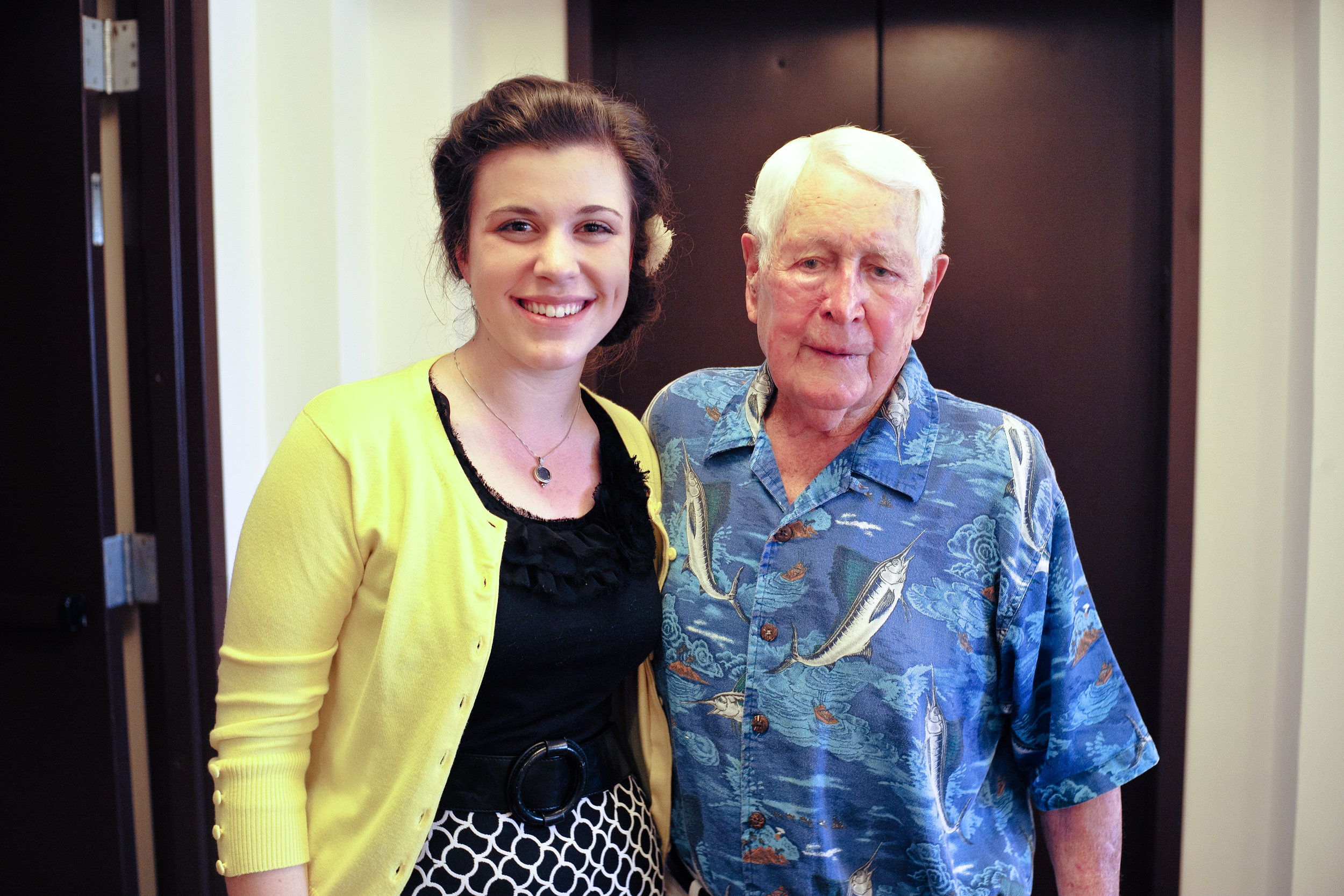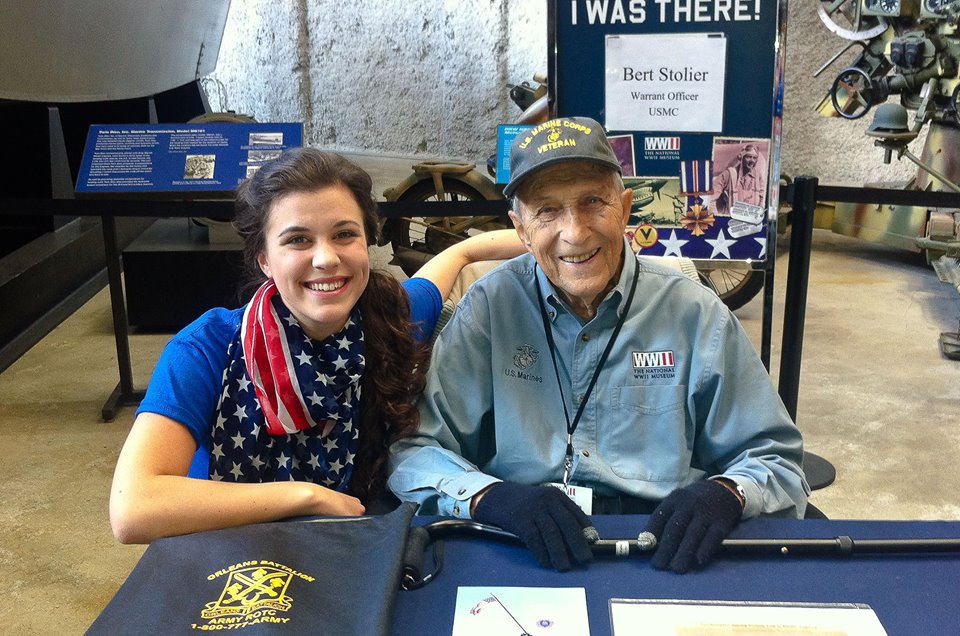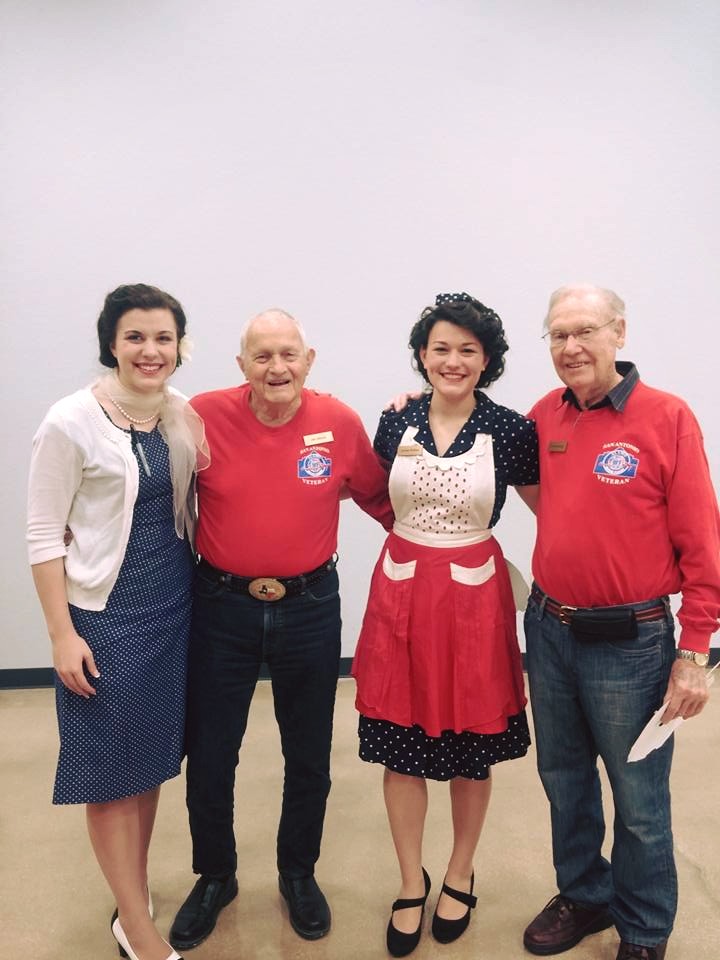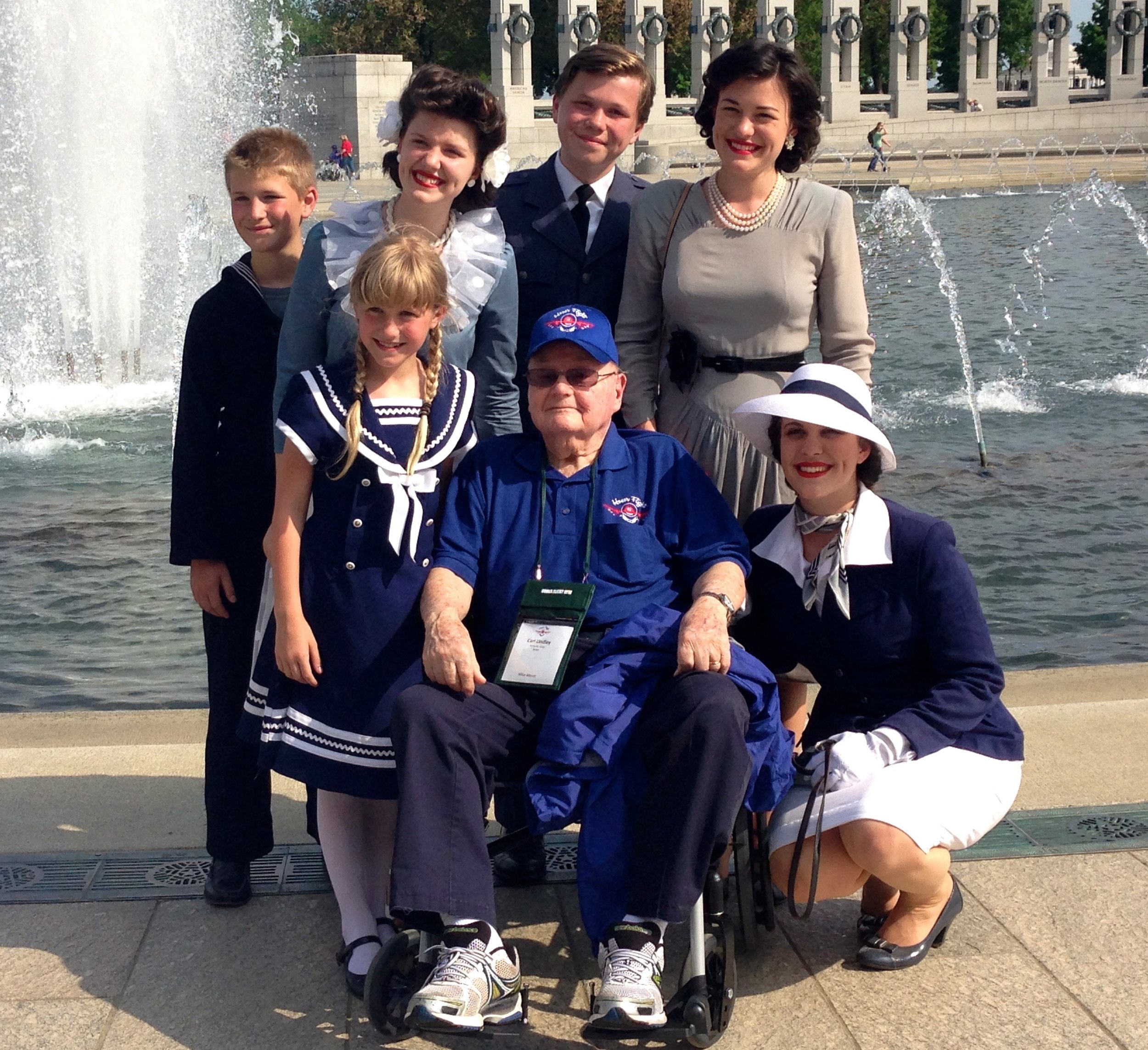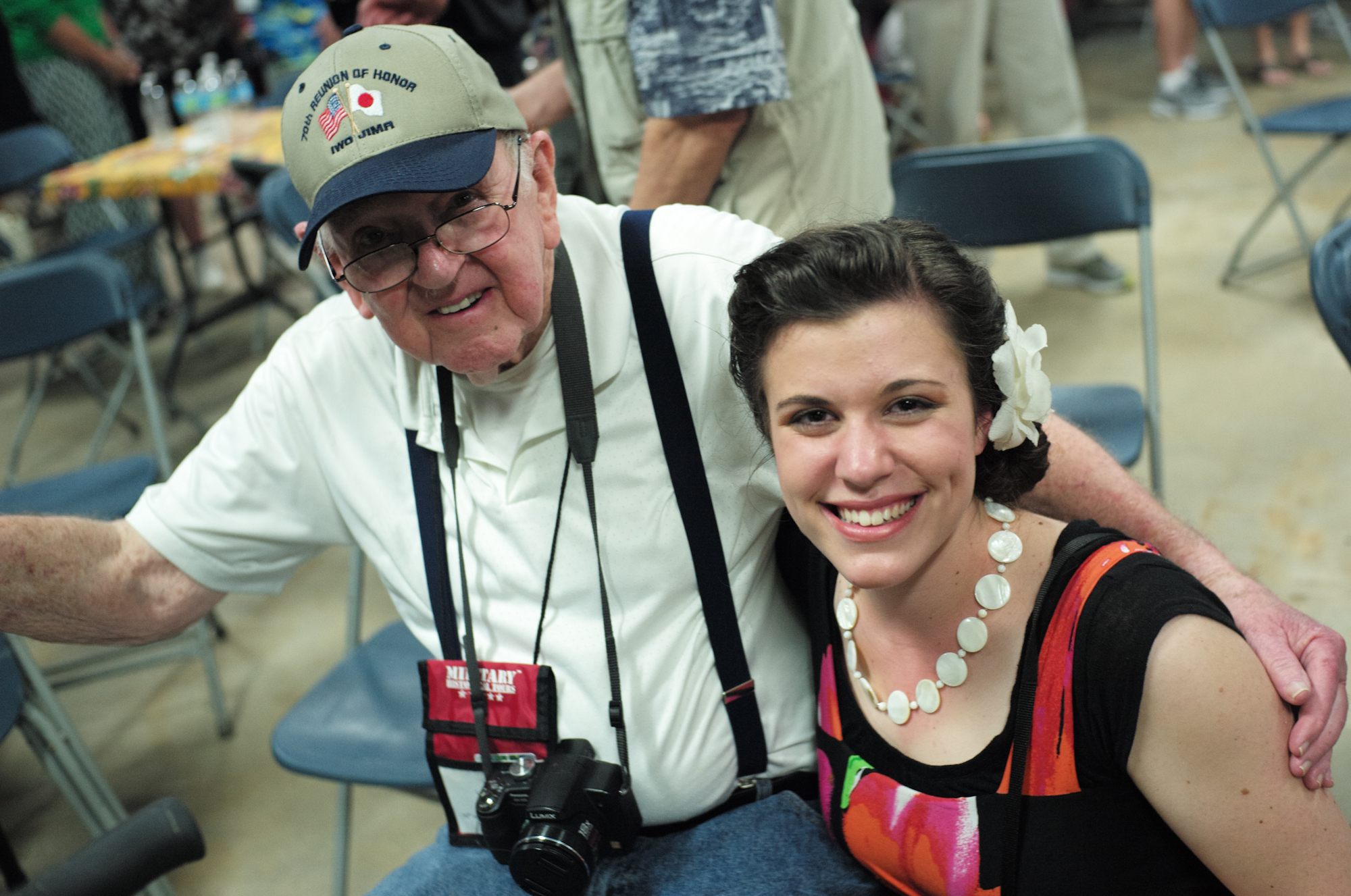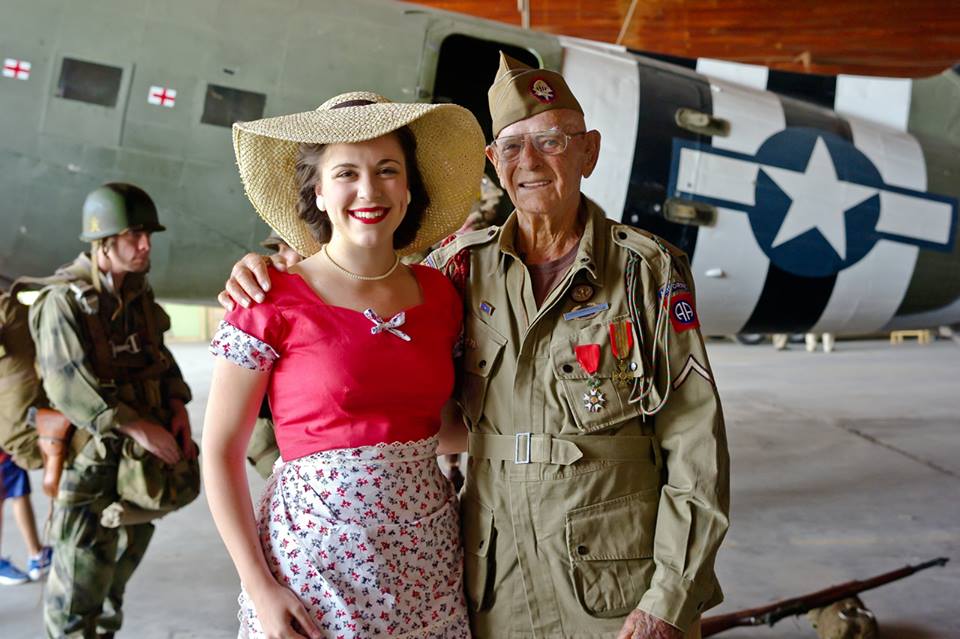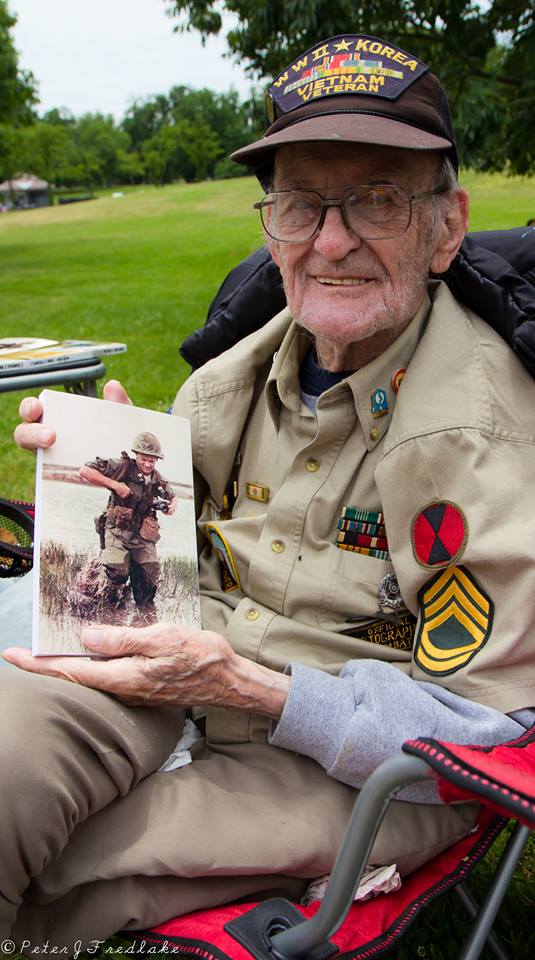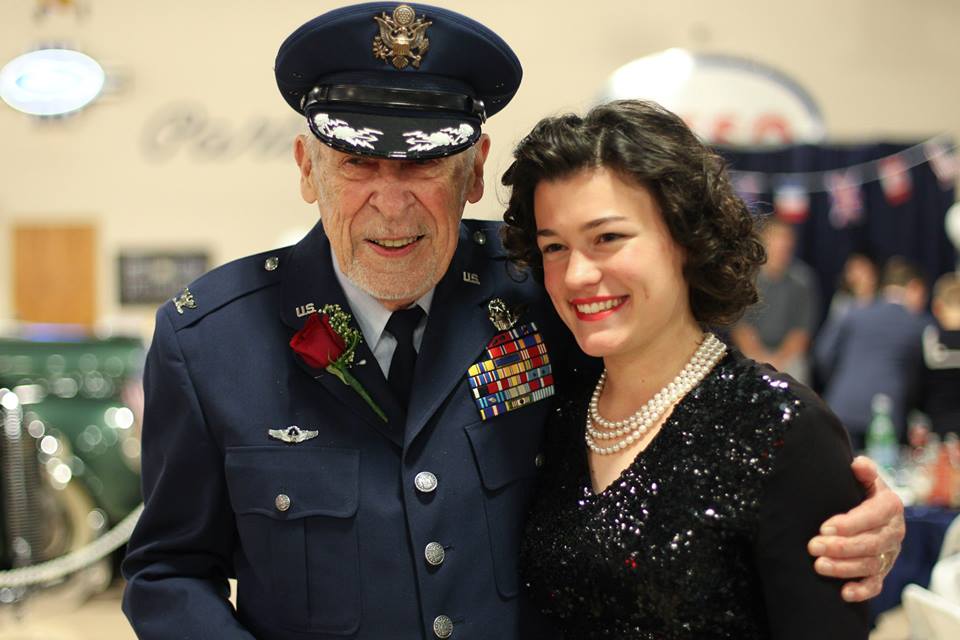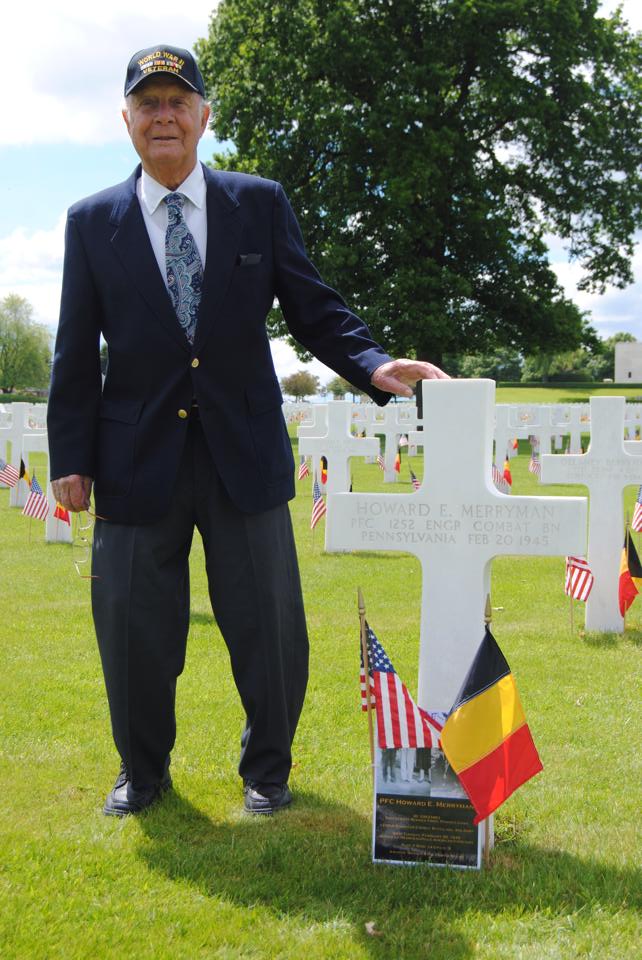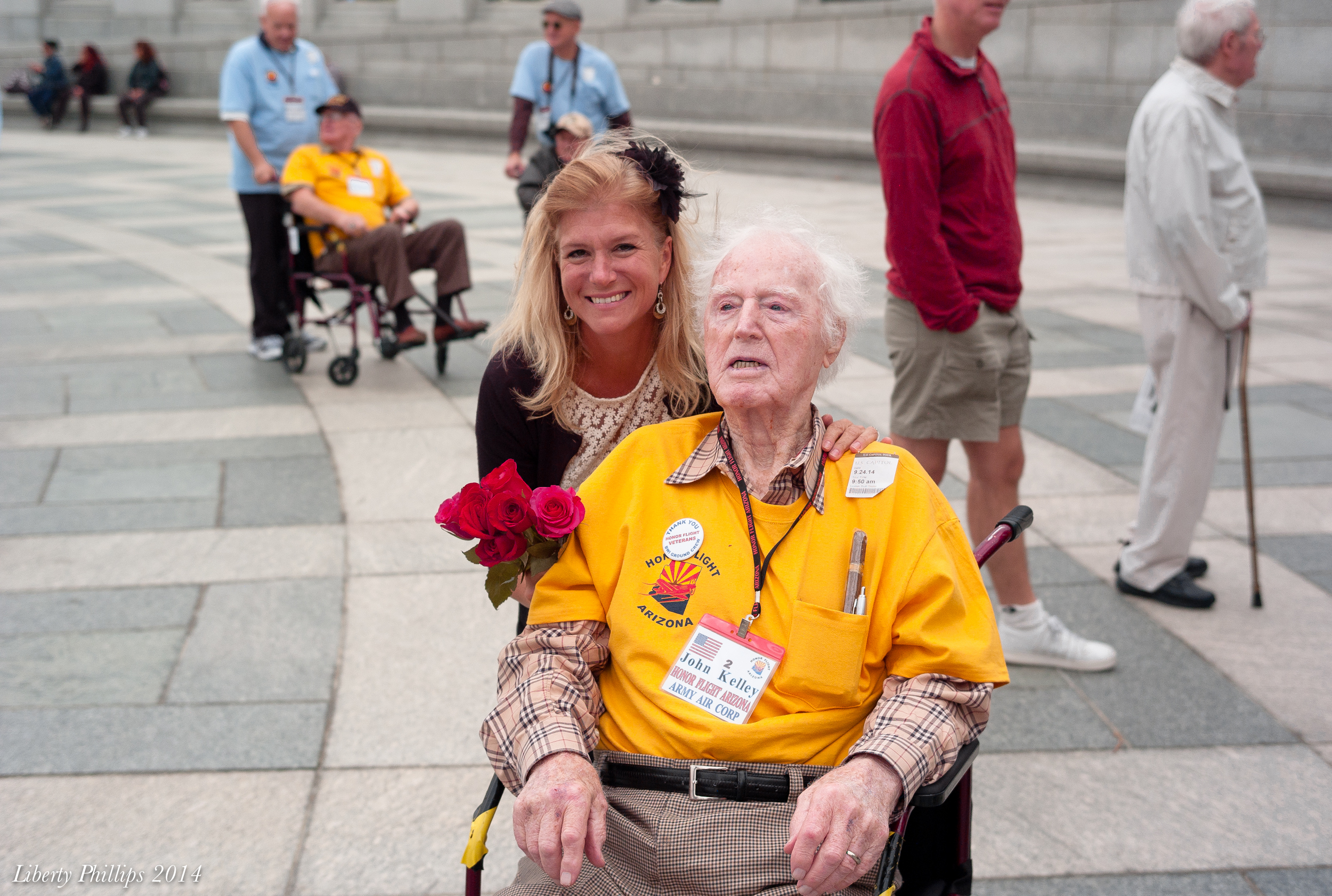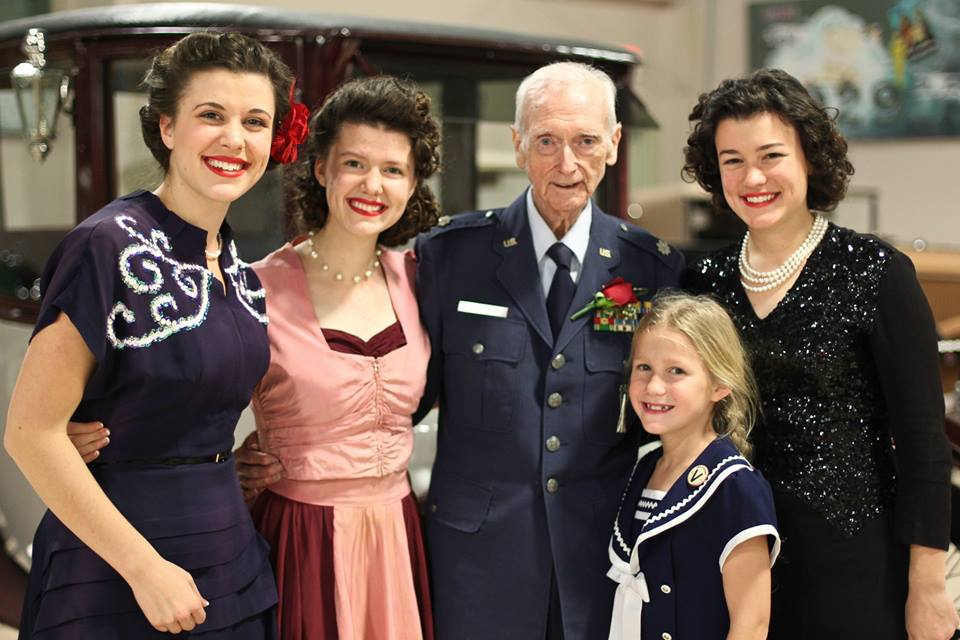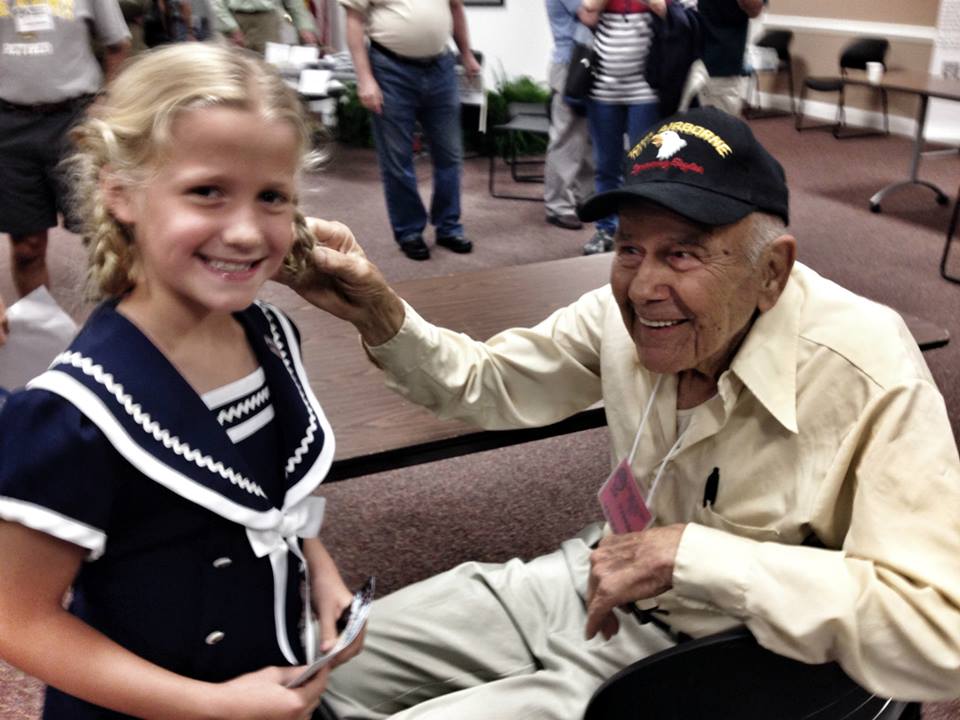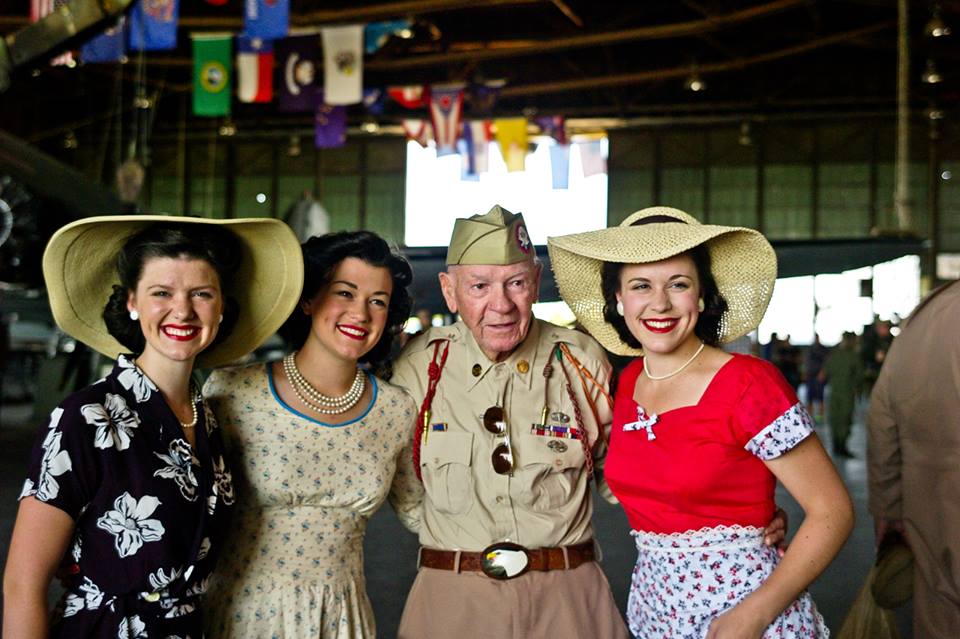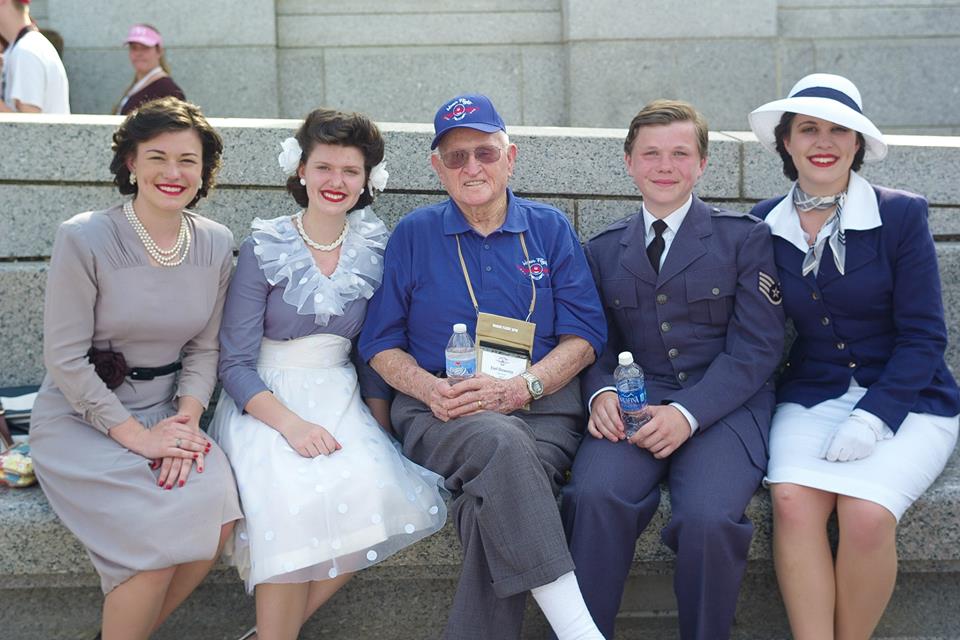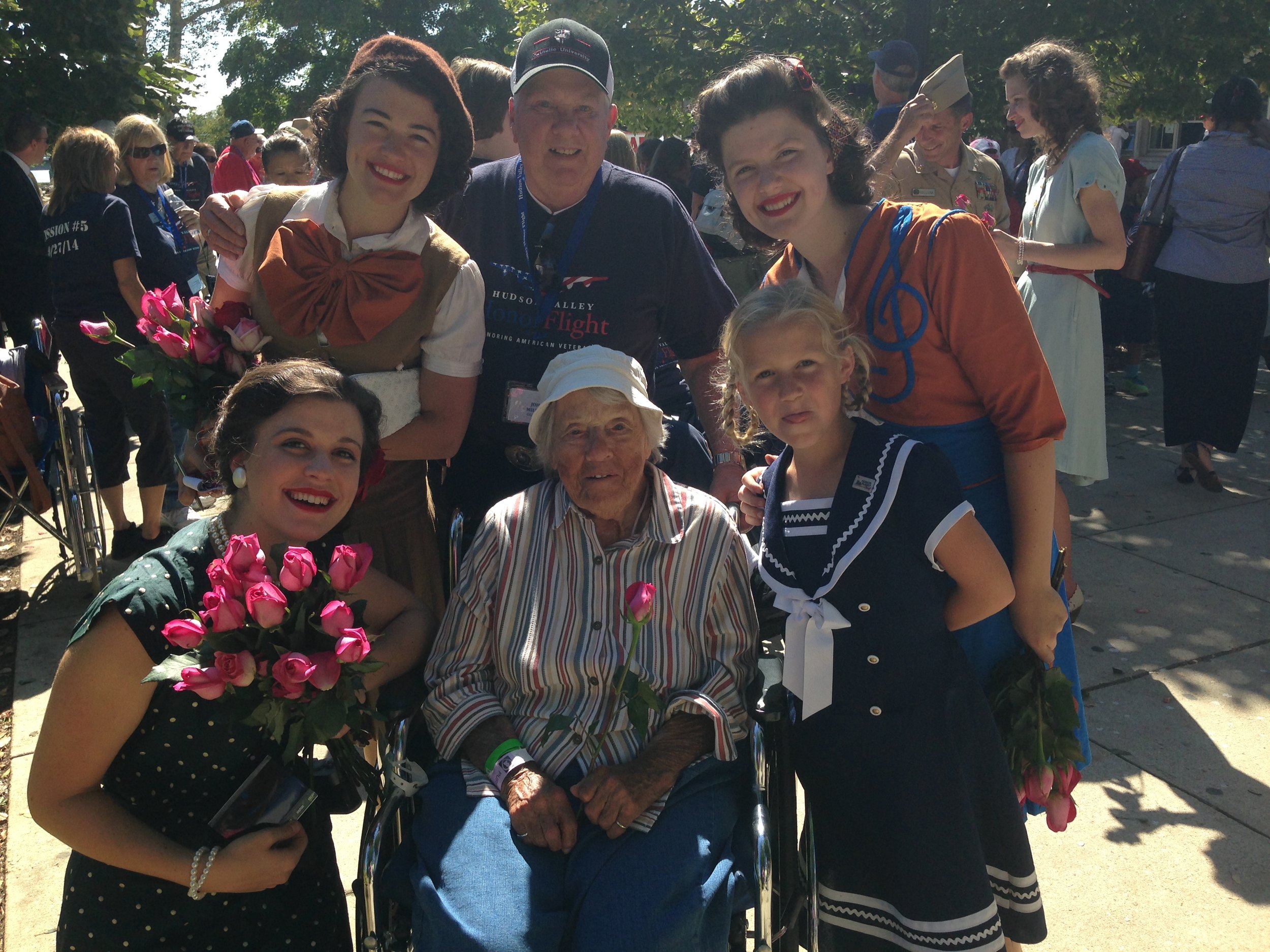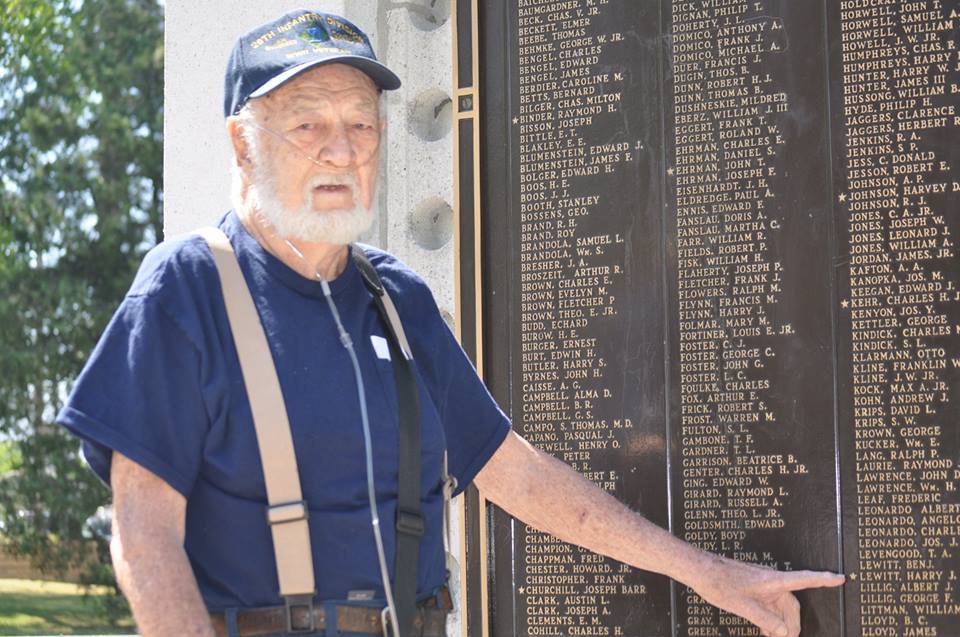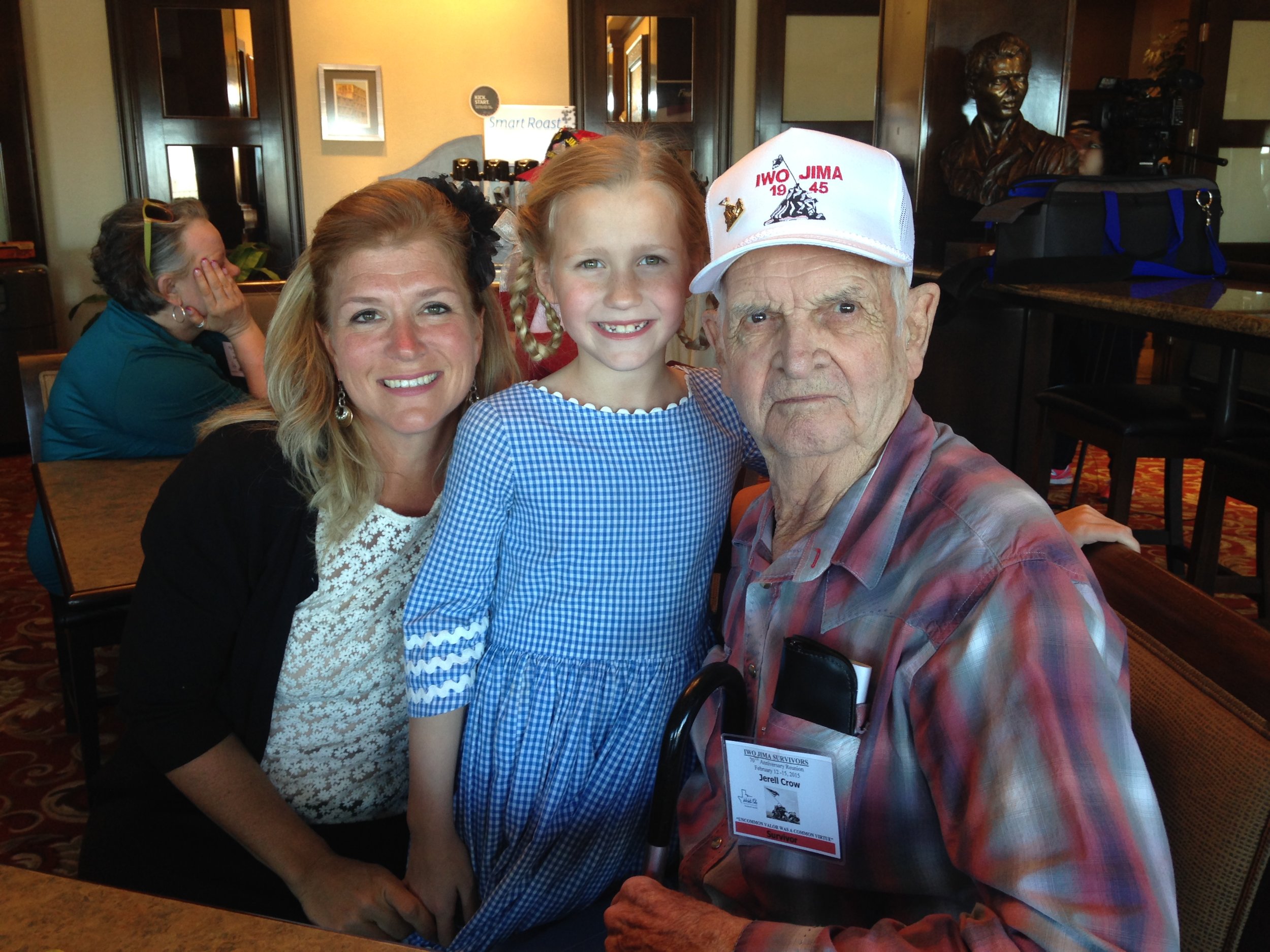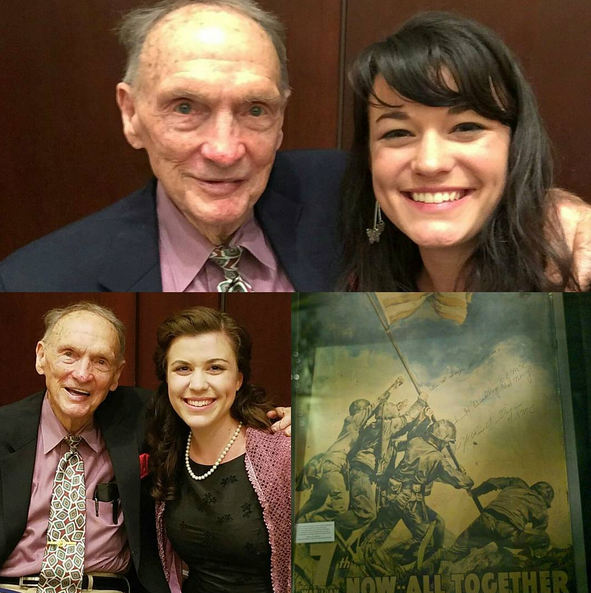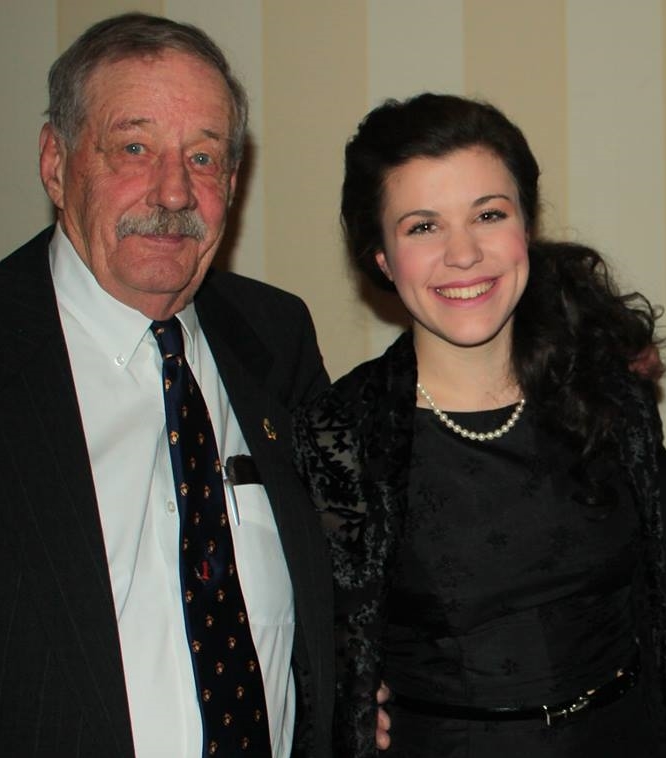For the Love of Phyllis: A Valentine's Day Story
/Here is a sweet Valentine's Day story. It is the story of Bill and Phyllis Madden.
* * * * * * * * * *
In truth, theirs is the ultimate storybook romance if there ever was one. It started with the "puppy love" (as he called it) of a young high school boy, but quickly grew into a mature love and desire to marry the girl of his dreams. To him, Phyllis was as kind as she was beautiful, talented as she was popular, with a genuine heart that only thought of others. And Bill knew she was the only one he could ever love. But there was a problem, Phyllis was dating a guy named "Slats."
Now Slats would have been nice enough, except for the fact that Slats liked Phyllis and Bill liked Phyllis too. "Slats was a nice guy." Mr. Madden told me. "I liked him a lot, but this was war over the woman we both wanted to marry. I would have done almost anything to get her to marry me instead of him. That's how love works, I guess." And how could a poor young Marine compare to the guy who "had a good job, good clothes, and a nice car." Things looked hopeless for Bill until Slats joined the Navy, and Bill found his opportunity to cut in. This didn't last long, however, as he too was soon shipped off to San Diego for training. Phyllis continued to stay in touch with both the Sailor and the Marine, but it couldn't continue this way.
On invitation of her boyfriend, Slats, Phyllis, and a friend named Fern went to stay with an aunt in Los Angeles. Slats was concerned that he was being pushed out of the picture, and hoped to gain some ground by making frequent visits. Phyllis now found herself in a conundrum. Even though she had been dating Slats, she was beginning to take a real liking to this shy, young Marine. Well, the climax of this little love triangle finally arrived. In Mr. Madden's words here is what happened:
"She told me to come there on a day that Slats did not have time off, but 'the best laid plans of mice and Marines gang aft agley.' Slats got someone to take his duty place on the day I was to take Phyllis out. I had hitch hiked to LA and was going to take a cab wherever the girls wanted to go, but we ended up, all four of us, in Slats' aunt's car and headed for the Hollywood Palladium where Harry James was playing and Helen Forrest was singing. I was not too happy with the arrangement, and neither was Slats, much less Phyllis. We got to the Palladium, had some drinks, and listened to that heavenly music of James and Forrest. I quickly asked Phyllis to dance before Slats had a chance to. I was still a teenager and didn't dance very well, but I would have done anything to get her alone for a while so we could talk. Well, we danced, talked, and when the song was over, we stayed till the next one and the next one before we got back to the table with Fern and Slats. He was not happy a bit. I got one more dance during the playing and singing of "Stardust," which became our song. She decided that night that she would choose me to marry over Slats."
Reunited again! This photo of Bill and Phyllis was taken at the hospital where Bill was recuperating from wounds he received on Iwo Jima.
Bill and Phyllis were married for 69 years, and they truly lived happily ever after.
Excerpt from: Bill: All American Marine











